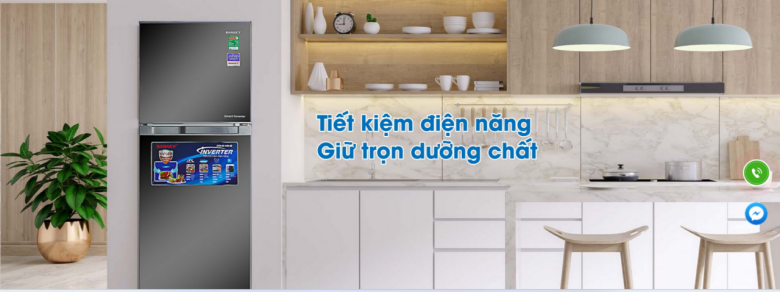In recent years, the global refrigerator market has undergone significant changes due to evolving consumer needs, technological advancements, and increasing awareness of energy efficiency. From smart home integration to eco-friendly designs, refrigerators are no longer just cooling appliances—they’ve become essential tools for sustainability and convenience. This article explores the key trends shaping refrigerator usage in recent years and how manufacturers are adapting to meet modern demands.

1. Smart Refrigerators and Home Integration
One of the most noticeable trends is the rise of smart refrigerators. These appliances are equipped with Wi-Fi connectivity, touchscreen interfaces, and even voice control compatibility with virtual assistants like Alexa or Google Assistant. Consumers are increasingly seeking appliances that integrate into their smart home ecosystems, allowing them to:
- View the contents of their fridge remotely via cameras
- Receive expiration date notifications
- Create shopping lists automatically
- Control temperature settings via smartphone apps
Smart technology enhances convenience, reduces food waste, and empowers users to manage their households more efficiently.
2. Energy Efficiency and Eco-Conscious Designs
With growing environmental concerns and rising electricity costs, consumers are prioritizing energy-efficient appliances. Modern refrigerators are designed to consume less power while maintaining optimal cooling performance. Energy Star-certified models have become a popular choice in North America, Europe, and Asia.
Manufacturers are also using eco-friendly refrigerants like R600a and R290, which have lower Global Warming Potential (GWP) than older options such as R134a. This transition supports international goals for carbon reduction and climate protection.
3. Multi-Door and Modular Designs
Traditional single- or double-door refrigerators are increasingly being replaced by more versatile options such as French-door, side-by-side, and modular refrigerators. These designs provide:
- Better compartmentalization for fresh and frozen foods
- Adjustable storage for larger or oddly shaped items
- Customization based on household size or usage habits
Modular refrigerators, for instance, allow homeowners to add extra freezer or fridge compartments based on their needs. This flexibility appeals particularly to growing families and modern urban dwellers who require adaptable kitchen solutions.
4. Focus on Food Preservation and Hygiene
Recent years have seen a surge in demand for refrigerators that offer enhanced food preservation technologies. This includes features like:
- Multi-airflow systems for consistent temperature
- Vacuum-sealed compartments to extend shelf life
- Antibacterial coatings and UV sterilization systems
These innovations are driven by consumers’ desire to keep their food fresher for longer and ensure hygienic storage—especially in the wake of global health concerns such as the COVID-19 pandemic.
5. Aesthetic and Compact Designs for Urban Living
As urbanization increases, especially in Asian and European cities, consumers are looking for compact refrigerators that fit into smaller kitchens without compromising capacity. Slim and minimalist designs are trending, with matte finishes and integrated handles that blend seamlessly into modern interiors.
Refrigerators are now considered part of kitchen decor. Brands are offering customizable panels, color options, and premium finishes to appeal to style-conscious buyers.
6. Inverter Technology for Better Performance
Inverter compressors have become standard in mid- to high-end refrigerator models. Unlike conventional compressors, inverters adjust their speed based on cooling demand, which offers multiple benefits:
- Quieter operation
- Longer lifespan
- Up to 40% energy savings
Consumers are now more informed about these technical benefits, making inverter technology a key selling point in recent years.
7. Increased Demand for Larger Capacity Models
With the global trend of buying in bulk, especially during and after the COVID-19 lockdowns, larger refrigerators are now in higher demand. Households want more storage space for fresh produce, beverages, and frozen goods.
Side-by-side and multi-door models with capacities above 500 liters have seen rising popularity, especially among families and frequent entertainers.

The refrigerator industry has evolved significantly to meet the changing preferences of modern consumers. Today’s buyers are more tech-savvy, eco-conscious, and space-aware than ever before. They seek appliances that not only store food but also enhance lifestyle, improve energy efficiency, and complement home aesthetics.
For manufacturers and retailers, understanding these recent trends is key to staying competitive in a dynamic market. As technology continues to evolve, we can expect refrigerators to become even more intelligent, sustainable, and tailored to individual lifestyles.
 Vietnamese
Vietnamese  English
English  Chinese
Chinese  French
French  Spanish
Spanish  Russian
Russian  Arabic
Arabic  Portuguese
Portuguese